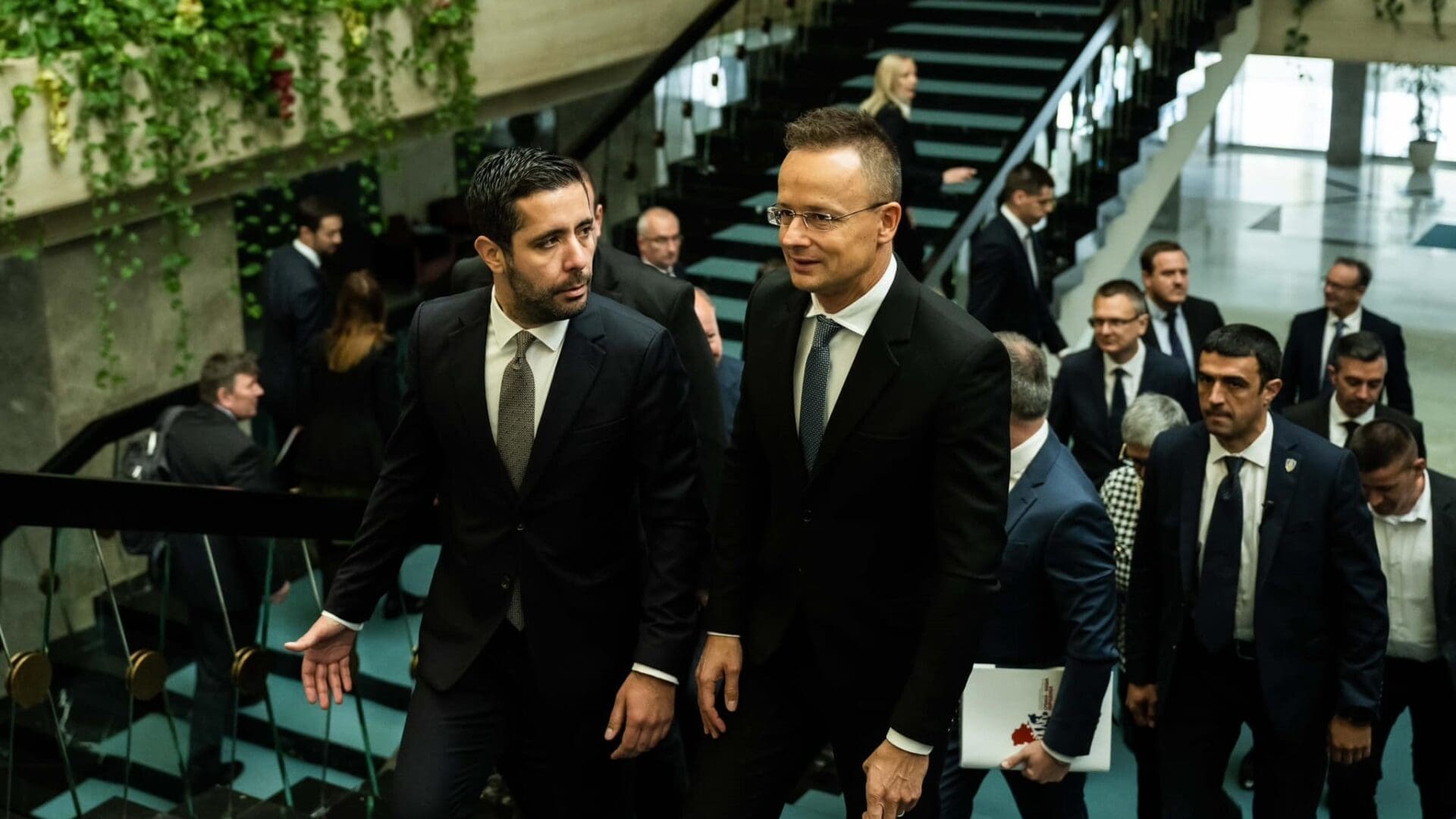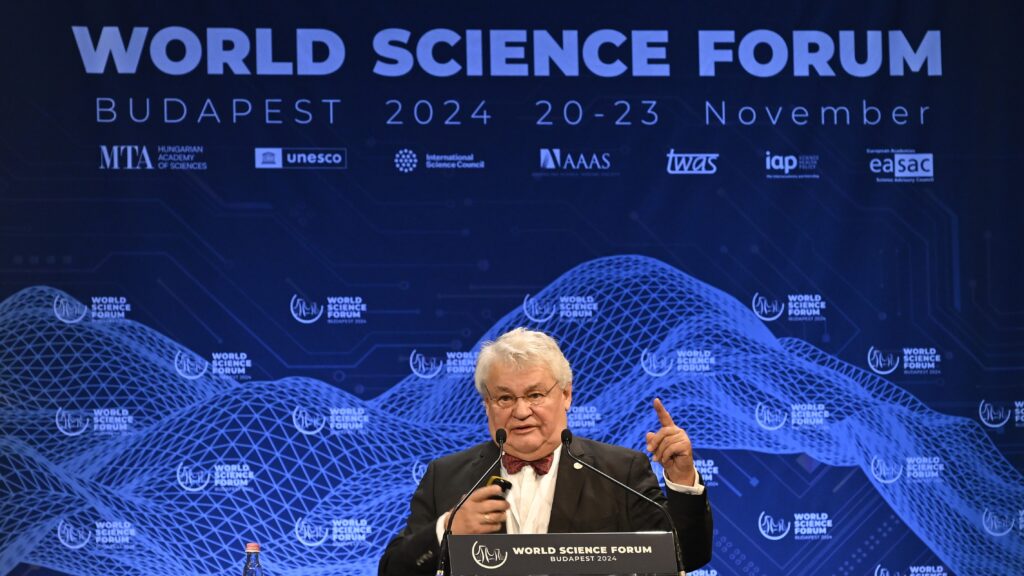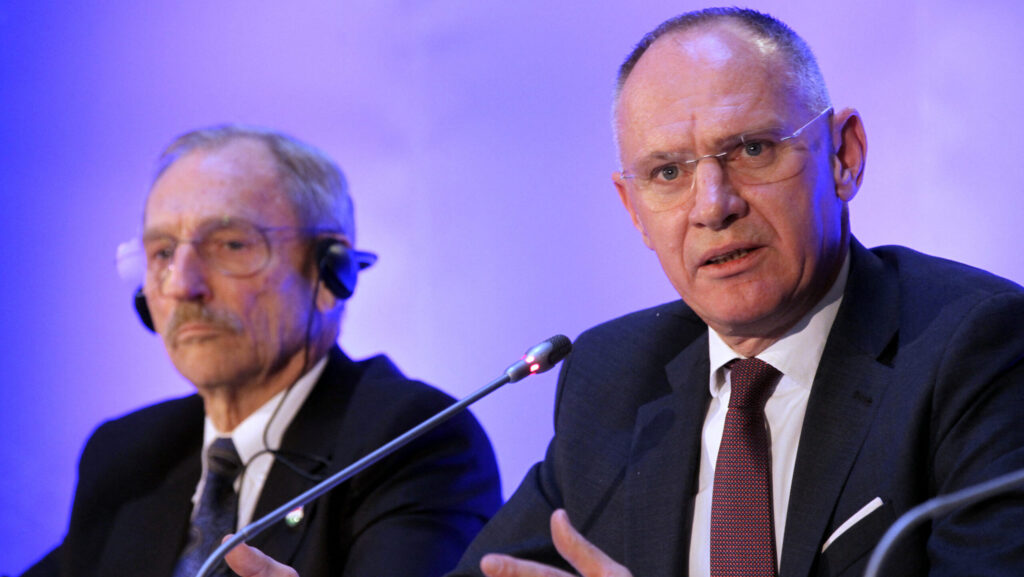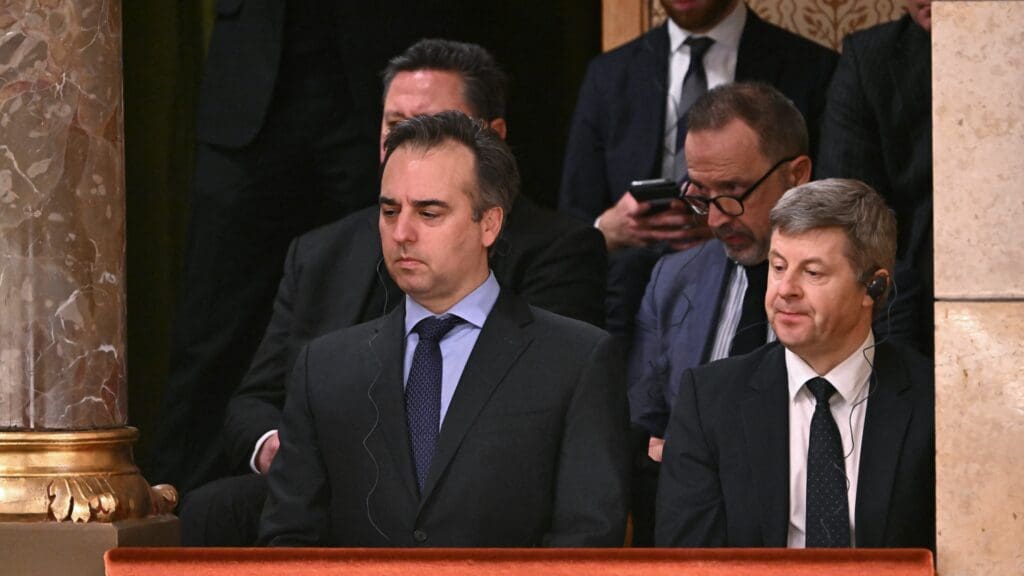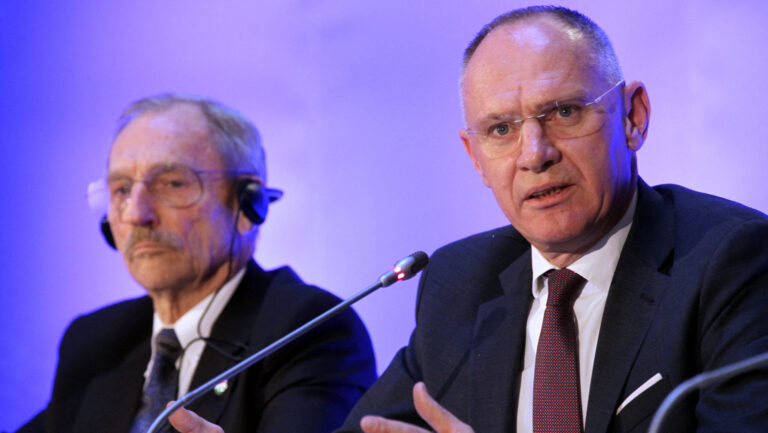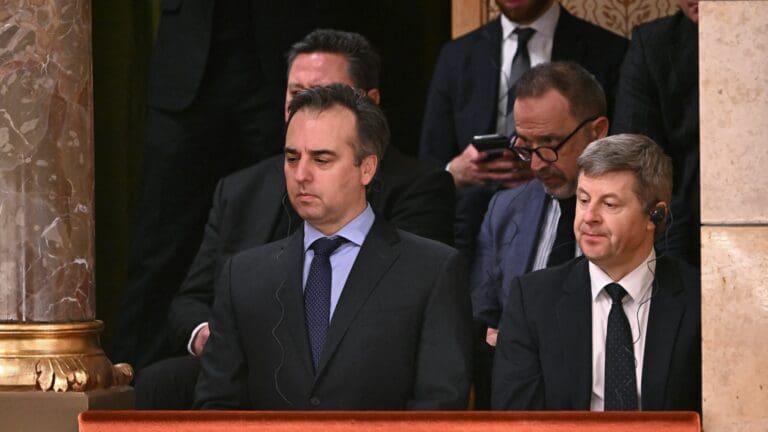A new, approximately 128-kilometre-long oil pipeline is being built between Hungary and Serbia, between Algyő and Novi Sad, to strengthen supply security, announced Minister of Foreign Affairs and Trade Péter Szijjártó in Belgrade on Wednesday. The minister reported at a press conference following the meeting of the Hungarian-Serbian Economic Joint Committee that the contract for the planned pipeline, to be established in cooperation between Mol and Transnafta, will be signed at the 20 June government summit. In addition to strengthening the energy security of the two states, they have also agreed to create a joint regional gas trading company between MVM and Srbijagas, and Hungary will again store natural gas for Serbia in the order of 100 million cubic meters this year.
He stated that Hungarian companies will also participate in the modernisation of the Serbian energy network, and work is progressing as scheduled to double the capacity of the interconnector connecting the two power grids. ‘Today, there is no Hungarian energy security without Serbia, and there is no Serbian energy security without Hungary,’ he emphasised.
Szijjártó then announced an important measure regarding an ‘extremely frustrating issue,’ as despite the six billion euro bilateral trade turnover and close relationships, the waiting time at border crossings is still incredibly long. Therefore, as part of a major infrastructure development, a new, modern border crossing point will be established between Röszke and Horgos. ‘This is one of the busiest border crossings in Europe, and we want it to be one of the most modern in Europe in the future,’ the minister said. He added that the pressure on that particular border crossing will be somewhat alleviated by redistributing it to other crossings in order to reduce waiting times. As part of this, the Hercegszántó border crossing will be made suitable for freight traffic, the Ásotthalom crossing for bus traffic, and the opening hours of other crossings are also planned to be extended. ‘For both Serbian and Hungarian people and the economy, it is a key issue that we finally overcome…the issue of long waiting times,’ he said.
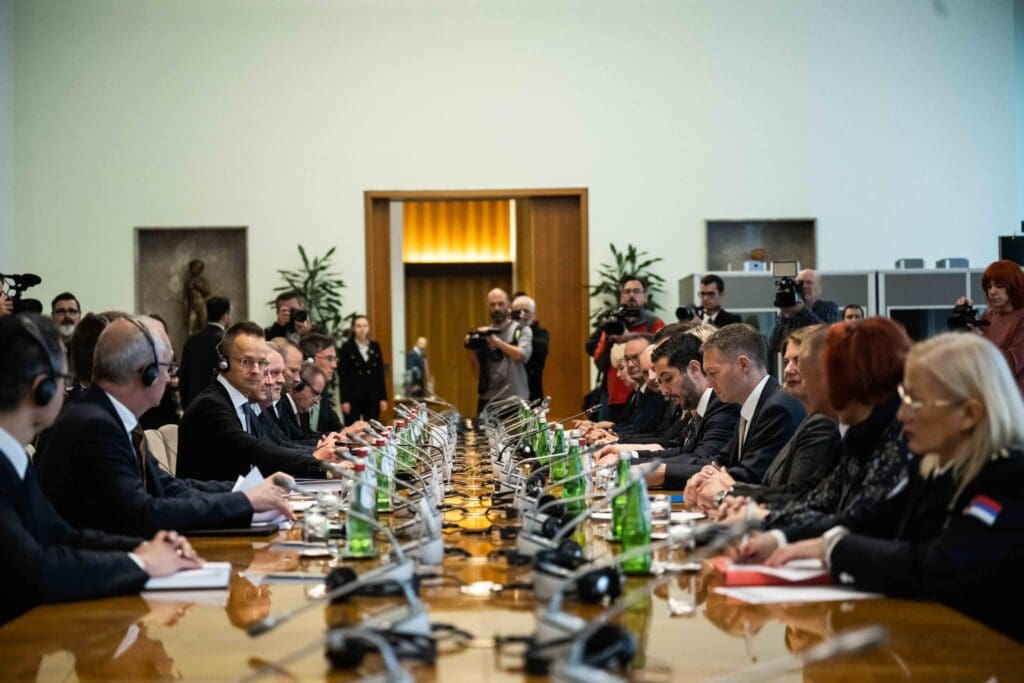
The minister also touched on the topic of the Ukrainian war, highlighting that although neither Serbs nor Hungarians are responsible for the outbreak of the conflict, the two countries are still paying a high price for it. Moreover, as he said, it is bad news that the world is once again heading towards a bloc formation, which Central Europe has always lost out on. ‘Therefore, Central Europe must be successful in this extremely difficult environment, and this is only possible through predictable and reliable cooperation,’ he emphasised, underlining that Hungary and Serbia’s relationship is a good example of this. ‘Hungary and Serbia are in favour of peace. We believe that the most important thing is to save people’s lives, and this can only be achieved through peace,’ he said.
Answering a journalist’s question, Szijjártó emphasised that the government considers security cooperation particularly important, as illegal immigration poses a serious challenge to both countries: last year, 271,000 attempts to illegally cross the border had to be thwarted at Hungary’s southern border. ‘We want to tighten cooperation with Serbia in terms of pushing the EU’s external defence line further south, so Hungarian police officers are participating in joint patrols with Serbian police and border guards to protect the Serbian-North Macedonian border,’ he pointed out. He added that Hungary is ready to provide Serbia with a larger police force than it currently does in order to strengthen border protection, as this will also reduce pressure on Hungary.
Read more:

